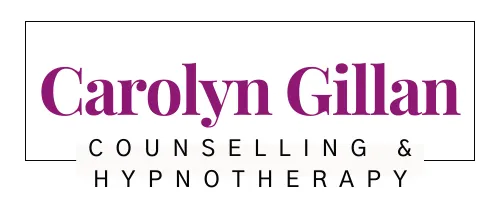
Counselling and hypnotherapy for stress management
Counselling and hypnotherapy are used to help people manage their stress and reduce its symptoms. The aim of therapy is to help you gain new perspectives on your situation and acquire the skills that will enable you to feel more calm, relaxed, confident and in control again. And remain that way! Sessions typically involve:
relaxation and calming methods,
learning more helpful ways of coping and problem solving, and
learning to identify your own needs and build the confidence to ask for what you want
What is stress?
It’s perfectly normal to feel stressed and tense at times. However, over the long-term it can really affect the quality of your life and your health. Whilst people often recognise their triggers, it’s also possible not to realise you’re stressed until you start having physical or emotional symptoms:
Irritability or moodiness
Disturbed sleep
Worrying or feeling anxious
Physical aches and pains, such as headaches, migraines, back, neck and chest pain
Skin breakouts and rashes
Stomach upsets
Increased blood pressure
Appetite loss
Reduced immunity increasing susceptibility to colds and other viruses
What can trigger it?
Stress can arise from all sorts of things:
relationships with others
situations at work
coping with daily tasks
dealing with life changes, e.g. new baby, divorce or separation, redundancy, etc.
coping with illness
juggling the needs of work and home
planning and organising events
how you think about things
Alcohol, drugs and tobacco
People often use alcohol, drugs or tobacco as a way of helping them unwind and relax. But actually, they do just the opposite. These substances also reduce the flow of Serotonin, our natural ‘feel good’ chemical neurotransmitter. This tends to keep our body in a stressed state.
The cost of stress
It’s an increasing problem. If you’re suffering with it, you’re not alone. A quarter of working people are reported to have taken time off ill from work due to stress. It is the leading cause of sick leave. The Huffington Post reported in July 2013:
“The astounding cost of work related stress to the economy reached a massive £6.5bn last year, demonstrating how prevalent an issue stress in the workplace has become in the UK.
Last year there were 10.4 million days lost to stress, with the cost of ‘sick’ days being £618 meaning workplace stress totalled £6,427,200,000. With presenteeism also on the rise, meaning employees coming to work disengaged, tired, unmotivated and too stressed to work, businesses could see these costs rise if they don’t take action.”


